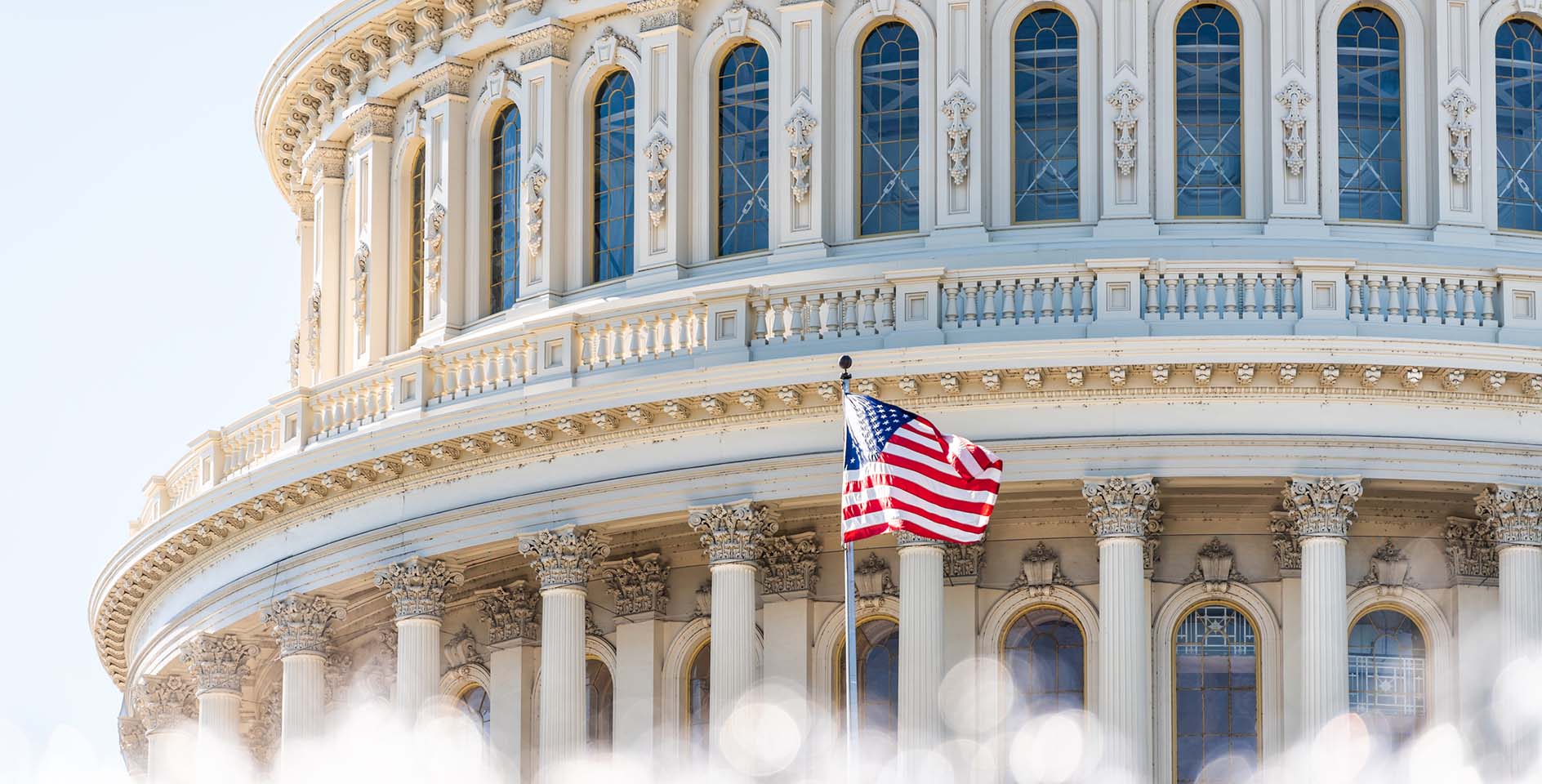Last year Americans spent a record amount of money on gambling. Casinos raked in $92 billion in 2021, with $53 billion going to commercial casinos and $39 billion to Indian tribal casinos. Commercial sports betting also generated revenues of $4.33 billion, while Americans spent $105 billion on state lotteries. Betting on horse racing also brought the industry $12 billion.
In just those categories of legal gambling, Americans spent $213 billion. That’s the same amount of money that Americans spent on fantasy sports leagues ($2.3 billion), movie tickets ($2.45 billion), live concerts ($9 billion), amusement parks ($22 billion), recreational books ($25 billion), video-on-demand ($38 billion), sporting events ($56 billion), and consumer video games ($60.4 billion) combined. It’s even more money than the entire world spends on pet care ($208 billion).
The record level of spending on gambling is due in part to the loosening of restrictions on gambling over the past decade. Public resistance to tax increases, the political power of gambling interests, and the growing pursuit of easy money have led to the legalization of some form of gambling in the District of Columbia and every state except Utah and Hawaii.
As the taboo surrounding gambling decreases and more Americans participate, the industries associated with gaming continue to grow. An enormous increase in the amount of money Americans are betting has accompanied the wildfire growth of gambling in America. With an expected compound annual growth rate of 17.34% in online gambling revenue over the next six years, it is imperative for Christians to continue to speak on this issue.
Since 1890, the Southern Baptist Convention has formally expressed its opposition to legalized gambling. Over the course of more than 100 years, the Convention has adopted 14 resolutions on this issue. The most recent resolution was passed in 1997. It calls on all Christians “to exercise their influence by refusing to participate in any form of gambling or its promotion.” In addition, the resolution urges “political leaders to enact laws restricting and eventually eliminating all forms of gambling and its advertisement.”
Advocates of legalized gambling, however, have promoted it as an economic development tool and as a purportedly painless source of tax revenue. It is also claimed that making gambling legal prevents the money that would be spent on the activity from directy funding criminal enterprises. Some Christians—even Southern Baptists who initially supported the SBC’s anti-gambling resolutions—are being persuaded by such arguments.
Why we must oppose gambling
But such considerations are outweighed by the numerous biblical, ethical, and social reasons for why gambling should be rejected. Here are just a few of the reasons Christians should oppose gambling.
Gambling violates biblical principles
While the Bible contains no “thou shalt not” in regards to gambling, it does contain many insights and principles that indicate that gambling is unwise. For example, the Bible emphasizes the sovereignty of God over human events (Matt. 10:29-30); whereas gambling looks to chance and luck for provision. The Bible indicates that man is to work creatively and use his possessions for the good of others (Eph. 4:28); gambling fosters a something-for-nothing attitude, often to the detriment of our neighbors.
Scripture calls for careful stewardship of our resources, while gambling is a reckless use of God’s money. The Bible also condemns covetousness and materialism (Matt. 6:24-34), while gambling promotes both vices. Finally, the moral thrust of the Bible is love for God and neighbor (Matt. 22:37-40), whereas gambling usually seeks personal gain and pleasure at another person’s loss and pain.
Gambling contributes to crime and corruption
The growth of crime in those states and cities that legalize gambling is easily demonstrated. The most comprehensive study to date concludes that after three or four years, counties with casino gambling experience increases in rape, robbery, aggravated assault, burglary, larceny, auto theft, and human trafficking compared to counties without casinos.
Organized crime also directly benefits from the expansion of gambling. William Webster, a former FBI director, said, “I really don’t see how one can expect to run legalized gambling anywhere without serious problems . . . . Anytime organized crime sees an opportunity to put a fix on something, to get an edge on something, it’ll be there. And gambling is still the largest source of revenue for organized crime.”
Gambling disrupts the economy
Until recently, business and labor leaders have led many of the successful efforts to prevent gambling from entering states and communities because they realized that gambling is a destructive force on the economy and especially harmful for low-income workers. Unfortunately, many current business and labor leaders have become either neutral or supportive of gambling because of its alleged economic benefits.
However, increased problem gambling tends to result in increases in unpaid bills, embezzlement, bankruptcy, and absenteeism from jobs. In addition, gambling does not help a state’s economy in any appreciable way. A lottery returns to the state an average of only about 32 cents of every dollar taken in. The remainder goes to prizes and administration. In only three or four states does the revenue from lotteries, casinos, pari-mutuel betting, and any other existing forms of gambling contribute more than 3% to a state’s total budget.
The minimal contribution that gambling makes to a state’s economy is more than offset by the social and personal problems it creates.
Gambling destroys lives
Gambling corrupts and hurts individuals and families. One study shows that those “with the lowest socioeconomic status in the poorest neighborhoods were at greatest risk for gambling problems.” Researchers involved in this study speculate that “gambling may be viewed as one of the few opportunities for financial advancement, and perhaps provides the lure as a means for easily gaining money.”
In addition, gambling preys on the longings of our hearts. The something-for-nothing craving which gambling stimulates undermines character, and the hope of winning a fortune causes some to embezzle and steal to acquire funds to gamble.
Gambling appeals to the weakness of a person’s character and develops recklessness, callousness, and covetousness. Some gamblers become psychologically addicted to gambling and find themselves plunged into personal catastrophe. Gambling can never meet these heart longings that it promises to fulfill.
Gambling hurts innocent people
Gambling harms not only those directly involved in gambling but also harms the innocent, including members of the gambler’s family. Gambling creates financial problems and special tensions in the home. The children of gamblers suffer disproportionately when a gambling parent loses the money for such necessities as food, rent, clothing, and medicine. They also suffer when a gambling parent abandons them in cars, with neighbors, or in gambling daycare centers while they satisfy their gambling addiction. Communities are hurt by the presence of gambling as increasing numbers of people become addicted to gambling and prey on their communities to support their addictions.
Gambling defies justification
Among the arguments advanced to justify gambling is the one that says that all of life is a gamble or a risk. But risk-taking in problem gambling is different from the risks involved in the normal routine of life. The risks in gambling are artificially created. In other ventures, the risk is part of the creative process. For example, the contractor risks labor and capital to build a house and make a profit. Unlike the gambler, he assumes a risk that is necessary to society’s economic life, and he relies on more than chance in seeking to make a profit.
It is also argued that some people like to spend their recreation money betting on horses or playing slot machines, just as others prefer to spend theirs for a round of golf or a movie. Gambling obviously provides a kind of recreational excitement for some, but the cost to individuals, families, the economy, and society is too high to justify it.
How we can fix the problem
Seen in this light, gambling is personally selfish, morally irresponsible, and socially destructive behavior that should be vigorously resisted. Such resistance requires an understanding of the problem, a workable plan of attack, and a personal commitment to work against gambling. The gambling problem results from two interrelated factors: (1) Many people have a desire, often a compulsion, to gamble, and (2) most of these people have access to gambling opportunities.
The ultimate goal of a plan of action is to control the desire to gamble and eliminate the access to gambling opportunities. When the desire to get something for nothing and the opportunity to gamble go hand in hand, resistance to one requires resistance to the other. To attempt to eliminate the desire without abolishing the opportunity is to invite failure. It is a matter of record that as gambling becomes more accessible, more people gamble. Thus, legalization is not the answer to the gambling problem. Instead, it is one primary cause of the gambling problem.
Christians can help limit the harm of gambling by engaging in education, rehabilitation, legislation, and evangelization.
Education: Families, churches, schools, labor unions, businesses, and community organizations can all contribute to an educational program in opposing gambling, especially legalized gambling. Such education should be specifically designed to result in action. The dangers of gambling should be exposed in such a dramatic way that people will cast it out of their lives and communities. People can be led to understand that it is in their best personal interest to refrain from such behavior and that it is in society’s best interest publicly to oppose gambling.
Rehabilitation: For those addicted to gambling, education alone will prove powerless to deal with their problems; they need help. People gamble for many reasons, and no simple and easy solution covers all cases. Pastoral counseling, psychological care, or participation in a group like Gamblers Anonymous can prove helpful. The community and the church can work together in providing programs to seek out and help the compulsive gambler and his or her family.
Legislation: When gambling opportunities are available, both the reformed gambler and the potential gambler are tempted. Since gambling is corruptive and harmful, concerned citizens should work for laws to control and eliminate gambling. Effective legislation both by the states and by the federal government is needed. Anti-gambling legislation will be effective only to the extent that it is backed up by effective law enforcement. Legislation without enforcement fails to deter gambling and stimulates disrespect for the law. A responsible public will insist on, and be willing to pay the price for, strict and efficient law enforcement. Further, the courts must be encouraged to take seriously gambling cases and levy appropriate sentences. For genuine gambling addicts, rehabilitation treatment can be far more effective than jail sentences.
Evangelization: A vibrant, growing relationship with Jesus Christ is the only adequate basis for a stable personal life and a sound society, because only Jesus can change our hearts. Members of Gamblers Anonymous acknowledge that in order to prevent relapse it is necessary to experience certain personality changes within themselves, and that this involves response to spiritual principles in order to make the changes permanent. Moral arguments, economic self-interest, guilt, shame, and other lesser motivations will not prevail against the gambling urge or solve society’s gambling problem.
These are just a few of the ways Christians can help. Any adequate plan to deal with gambling, though, must be both extensive and comprehensive. It must be extensive enough to include the spiritual, educational, and legal approaches. And it must be comprehensive enough to incorporate the family, the world of work, community clubs and organizations, the church, and the government. But it first requires Christians to acknowledge that one of the most helpful ways we can love our neighbor is to oppose the destructive vice of gambling.










